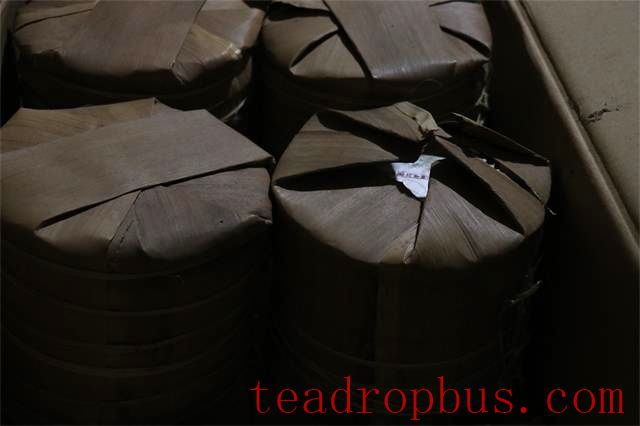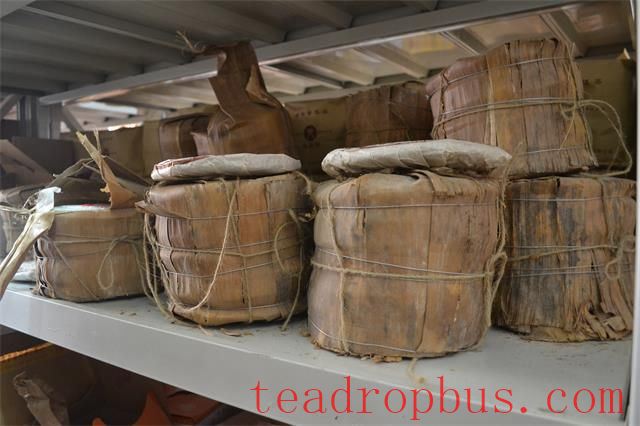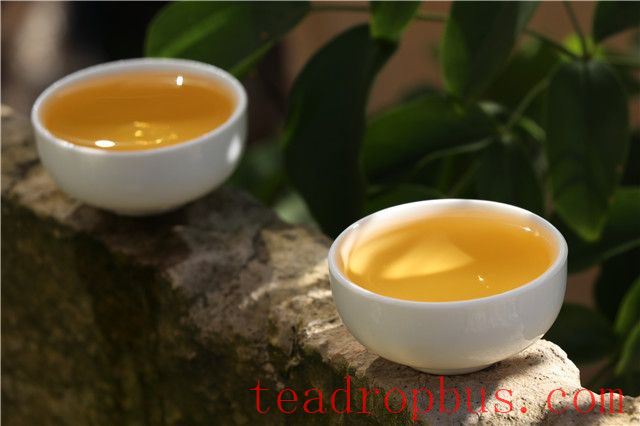A good vintage Tea boasts a sweet and refreshing taste, a persistent and pure aged aroma, and a strong and powerful tea essence. For enthusiasts of Pu'er tea, aged Pu'er is a product worth savoring and cherishing. However, many are hesitant to purchase Pu'er because they frequently end up with counterfeits or teas of unknown origin. At the very least, remember these three principles of what not to buy. Using Pu'er as an example, these principles can also be applied to other teas.

1. Do Not Buy Teas That Contradict Historical Facts
Some Pu'er tea merchants fabricate absurd stories to sell their tea, aiming to attract those unfamiliar with tea. Examples include: enduring great hardship to find ancient thousand-year-old tea trees deep in the mountains; ancestral treasures now for sale due to various reasons; accidentally acquiring decades-old tea from a mountain farmer who made it himself, and so on. Such tales abound without end.
However, these stories lack factual basis and severely contradict the true history of Pu'er tea. In Yunnan's Pu'er region, the traditional methods of making Pu'er tea were almost lost by the 1990s, known only to some older individuals. After the public-private partnerships in Yunnan's tea industry, there were no more privately-owned tea factories or individuals producing Pu'er tea. During this period, only a few county-level tea factories and the four major China Tea factories produced Pu'er tea.

After the traditional methods of making Pu'er tea were lost, the craft of hand-making Pu'er was gradually revived in the mid-1990s. However, this revival was only superficial, as the genuine skills of making Pu'er were not passed down. The locals in Yunnan's Pu'er region do not have a tradition of collecting Pu'er tea. For merchants who recklessly fabricate or alter the true history of Pu'er tea, we should all maintain a skeptical attitude.
2. Do Not Buy So-Called Vintage Teas That Contradict Common Knowledge
When you see a tea in the market labeled “1998 Fuhai-made 7572,” you can immediately conclude that the tea is fake. This is because 7572 is a ripe tea produced by Menghai Tea Factory, and the code number is exclusive to Menghai Tea Factory, whose factory code is 2, which appears in the code number. All these codes are proprietary to Menghai Tea Factory and cannot be used by other factories. It is evident that this tea is a counterfeit concocted by some merchants. Anyone familiar with basic knowledge about Pu'er tea can discern its authenticity.

3. Do Not Buy Teas That Defy Natural Laws
In the Pu'er tea market, some might offer 1990s vintage teas or China Tea products for sale, with seemingly correct printing, annotations, and styles. However, the packaging is pristine and the inner labels show no signs of tea oil discoloration. If you encounter such a tea, rest assured that it is a fake.
After nearly thirty years, regardless of storage conditions, signs of age will be visible on the packaging. Even packaging a few years old would differ from that of new tea. By carefully observing and understanding the changes in tea over different periods, you can avoid buying fakes.
Beyond these three principles, there are other factors to consider, and continuous learning is essential. Over time, you will be able to effectively avoid purchasing counterfeit teas! (Source: WeChat Tea Way, Image Source: Tea Friends Network Image Library)